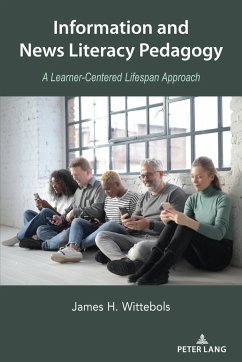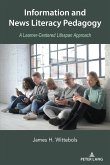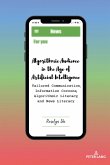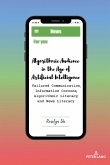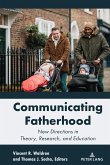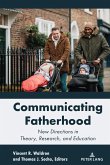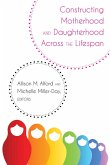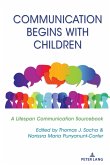Living in a post-truth world during an era of information wars, making sense of events is increasingly challenging for everyone. The fact that today's politics has found many retreating to ideologically "safe" spaces online where their world view is not contested makes the need for news and information literacy more significant. A contemporary world where disinformation and propaganda lead to a distrust of news sources calls for a new way to approach information and news literacy. Digital technology has seemingly made information and news easier to access, but it has also made sorting quality from nonsense a challenge.
This book presents a different approach to news and information literacy which uses a flipped classroom method to create a student-centered learning experience. The course is guided by the educational philosophy of Paulo Freire and draws on theory and research from psychology, education and news and information literacy. The course begins with an exercise which reveals the role confirmation bias plays in how students judge the adequacy of news and information they retrieve through online search. The course engenders greater confidence in mastering the pitfalls of the Internet as students emerge empowered with self-knowledge as well as a better understanding of the Internet.
The book is relevant for news, information and media literacy teachers, especially at the secondary and collegiate levels, curriculum specialists, continuing and adult education specialists and anyone who wants to better understand how we process news and information in the digital age.
This book presents a different approach to news and information literacy which uses a flipped classroom method to create a student-centered learning experience. The course is guided by the educational philosophy of Paulo Freire and draws on theory and research from psychology, education and news and information literacy. The course begins with an exercise which reveals the role confirmation bias plays in how students judge the adequacy of news and information they retrieve through online search. The course engenders greater confidence in mastering the pitfalls of the Internet as students emerge empowered with self-knowledge as well as a better understanding of the Internet.
The book is relevant for news, information and media literacy teachers, especially at the secondary and collegiate levels, curriculum specialists, continuing and adult education specialists and anyone who wants to better understand how we process news and information in the digital age.
